If you've ever bitten into a chipotle pepper and thought, 'Is this spicy or just playing hard to get?', you're not alone. The chipotle pepper has a reputation that straddles the line between smokehouse darling and fire-breathing dragon. But is it really that hot? This guide delivers actionable insights for home cooks and spice enthusiasts seeking to confidently harness chipotle's flavor without unexpected heat surprises.
Table of Contents
- Introduction
- What Exactly Is a Chipotle Pepper?
- How Hot Is It on the Scoville Scale?
- Compared to Other Spices
- Why Does It Taste More Smoky Than Spicy?
- The Cultural Evolution of Chipotle Heat Perception
- 5 Tips for Handling Chipotle Heat Like a Pro
- Chipotle in Global Cuisine – Where Is the Fire?
- Debunking Myths About Chipotle Peppers
- Conclusion: So, Is Chipotle Pepper Hot?
What Exactly Is a Chipotle Pepper?
The chipotle pepper (pronounced chi-POAT-lay) is a smoked and dried jalapeño chili pepper. Yes, that's right—it starts its life as your average green jalapeño but gets transformed through slow smoking over wood fires until it turns dark brown and leathery.
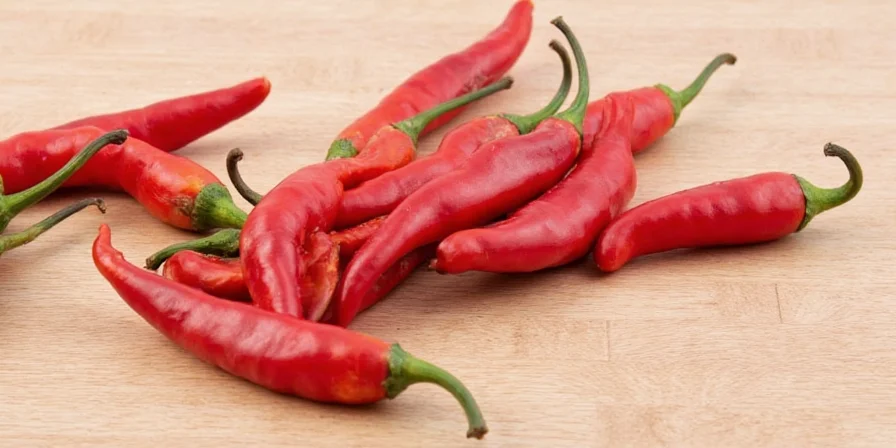
This process gives it a deep, earthy flavor profile with notes of smokiness that can sometimes mask its heat—making many wonder if it's all bark and no bite.
How Hot Is It on the Scoville Scale?
Let's cut to the chase: yes, chipotle peppers are spicy—but how spicy depends on who you ask (and which one you eat).
| Pepper Type | Scoville Heat Units (SHU) | Description |
|---|---|---|
| Jalapeño Fresh | 2,500 – 8,000 | Mild to moderate |
| Jalapeño Dried (Chipotle) | 5,000 – 10,000 | Moderately hot |
| Hatch Green Chile | 1,000 – 8,000 | Variety-dependent |
| Cayenne | 30,000 – 50,000 | Significantly hotter |
| Habanero | 100,000 – 350,000 | Super-hot |
So while chipotle isn't going to melt your face off like a ghost pepper, it's definitely got some bite—especially when used in sauces or adobo pastes where the heat becomes more concentrated.
Compared to Other Spices
If jalapeños are the college kid at the bonfire, chipotles are the same kid five years later—more intense, smoky, and slightly mysterious. Compared to other common chilies:
- It's spicier than poblano peppers (1,000–2,000 SHU), which become anchos when dried.
- It's much milder than Thai chilies or Scotch Bonnets, which can reach over 100,000 SHU.
- In powdered form, chipotle chili powder can feel surprisingly sharp—because the skin and seeds are often included in the grind.
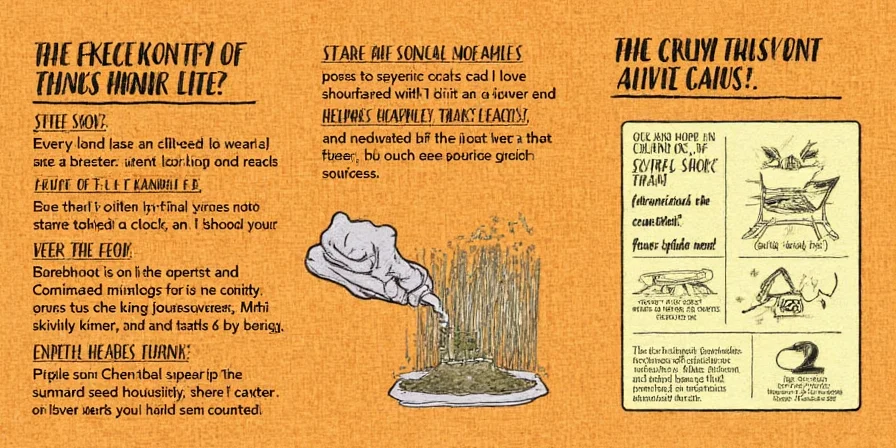
Why Does It Taste More Smoky Than Spicy?
Here's the twist: the reason chipotle peppers feel less spicy than they technically are is because of their signature smoky flavor. The drying and smoking process intensifies the flavor and reduces moisture, meaning the capsaicin—the compound responsible for heat—is more concentrated but also masked by layers of earthy, woody, barbecue-like notes.
It's kind of like listening to a heavy metal song through a jazz filter. You know there's intensity under there—you just have to listen closer.
The Cultural Evolution of Chipotle Heat Perception
Beyond chemistry, chipotle's perceived heat is shaped by cultural adaptation. Originally a Mexican preservation technique, its global journey reveals how flavor expectations evolve: Western palates often misinterpret smokiness as reduced heat, while traditional Mexican cooks leverage both elements intentionally. This duality makes chipotle a culinary chameleon—its 'heat' becomes contextual based on preparation method and cultural framework, explaining why the same pepper feels milder in adobo sauce than in pureed form.
5 Tips for Handling Chipotle Heat Like a Pro
- Use gloves! Capsaicin sticks to your skin like regret after Taco Tuesday.
- Remove seeds and membranes if you want to reduce the heat without losing flavor.
- Add gradually when cooking—once the heat is in, you can't take it out.
- Cool it down with dairy (milk, yogurt, sour cream) if things get too fiery.
- Pair with citrus to balance the smokiness and lift the overall flavor profile.
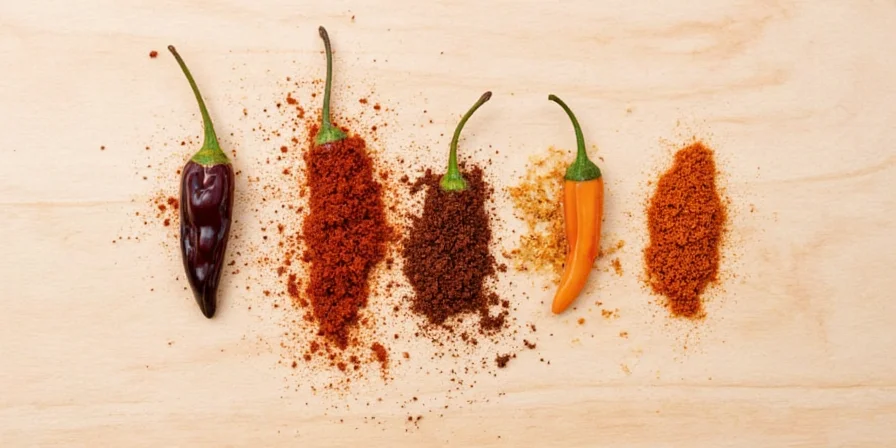
Chipotle in Global Cuisine – Where Is the Fire?
Though native to Mexico, chipotle peppers have made their way around the world:
- Mexican: Used in salsas, mole, and adobo sauces.
- American: A staple in Tex-Mex dishes and even burger rubs.
- Asian Fusion: Finding its way into noodle dishes and chili oils for that extra kick.
- European Gourmet: Infused into oils, salts, and even desserts for bold flavor contrasts.
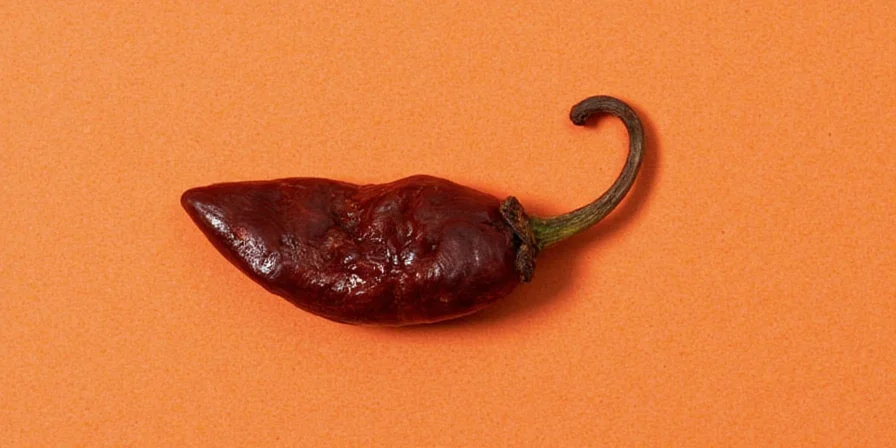
Debunking Myths About Chipotle Peppers
Let's clear up some confusion floating around spice forums and Reddit threads:
- Myth: Chipotles are hotter than fresh jalapeños.
Fact: Not always. They're typically within the same range, but dried versions can be more potent due to concentration. - Myth: All chipotles are the same.
Fact: Nope! Depending on ripeness and processing, heat levels can vary significantly. - Myth: You need to be a daredevil to use them.
Fact: Absolutely false. They're great for everyday cooking and add depth without nuclear consequences.
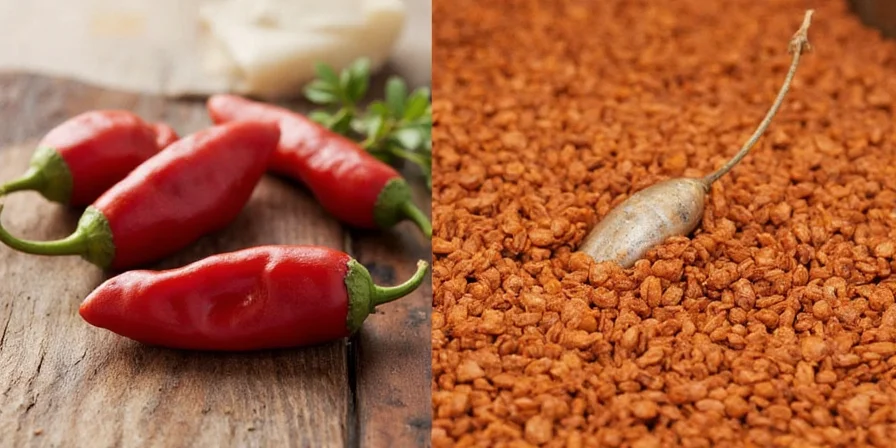
Conclusion: So, Is Chipotle Pepper Hot?
In short—yes, the chipotle pepper is hot, but it's more of a simmer than a scream. With a Scoville rating ranging from 5,000 to 10,000 units, it falls comfortably in the moderately spicy zone. What sets it apart isn't just the heat, but the complex, smoky depth it adds to any dish.
Whether you're building a killer taco filling, spicing up a marinade, or trying to impress friends with your global pantry knowledge, chipotle peppers are your flavorful sidekick with a bit of an attitude.
So go ahead—grab that adobo sauce, toss a few dried ones into your next stew, and remember: chipotle might not set your mouth on fire, but it'll make your taste buds throw a party.
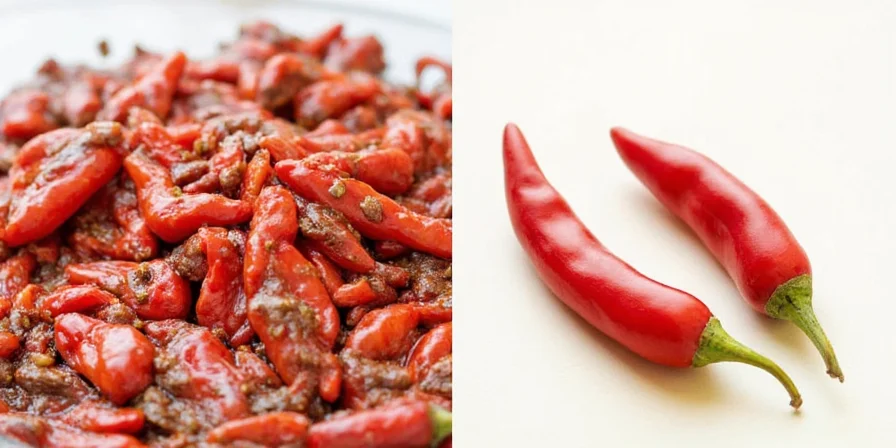
Remember: Respect the smoke. Embrace the heat. And never underestimate a little dried jalapeño with big dreams.
Frequently Asked Questions
How does processing method affect chipotle heat perception?
Smoking creates Maillard reaction compounds that interact with capsaicin receptors, creating a 'flavor buffer' that reduces perceived heat. Oven-dried versions lack this effect, often tasting sharper despite identical SHU ratings.
Can chipotle peppers lose heat over time?
Yes. Capsaicin degrades when exposed to light and air. Properly stored in airtight containers away from sunlight, chipotles maintain heat for 1-2 years. After that, smokiness fades faster than heat, potentially creating unbalanced flavor profiles.
Why do chipotle adobo sauces vary so dramatically in heat?
Commercial sauces often blend chipotles of varying ripeness and add vinegar (which extracts more capsaicin). Artisanal versions using whole peppers in tomato base typically deliver more consistent heat than mass-produced versions with pureed membranes.
Is there a measurable difference between 'chipotle powder' and ground dried chipotles?
Yes. True chipotle powder contains only smoked jalapeños. Many commercial 'chipotle powders' blend in cumin or garlic powder, which creates a false perception of reduced heat through competing flavors. Always check ingredient lists for purity.

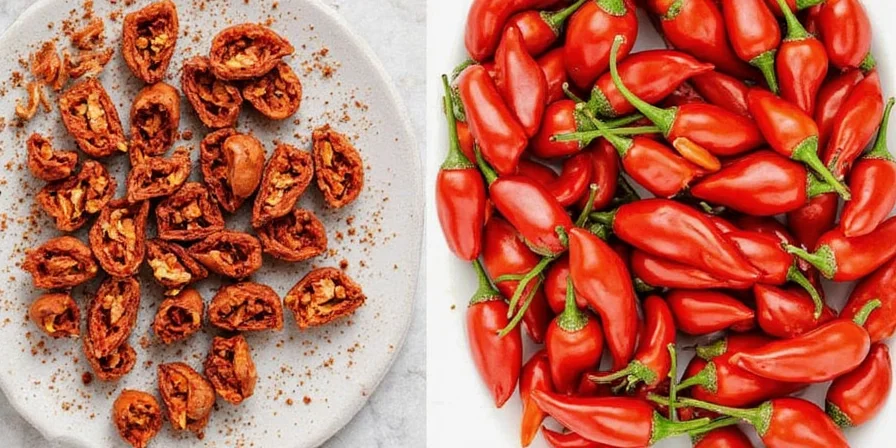









 浙公网安备
33010002000092号
浙公网安备
33010002000092号 浙B2-20120091-4
浙B2-20120091-4